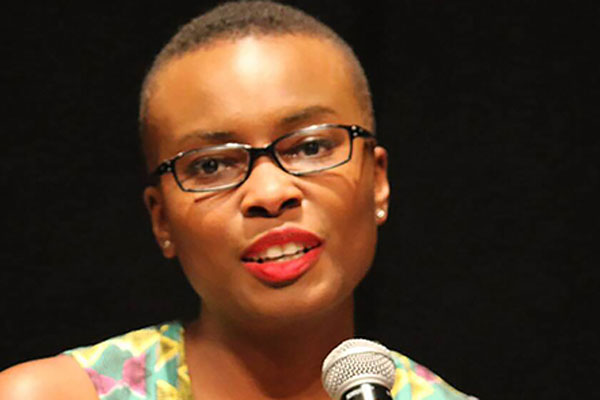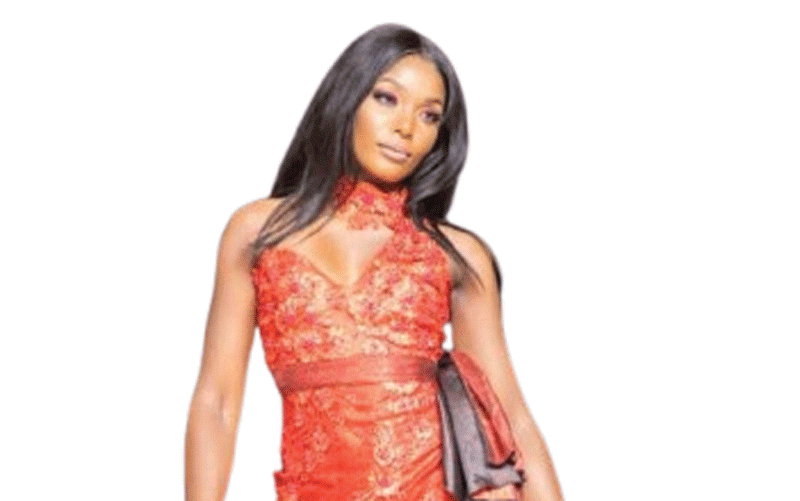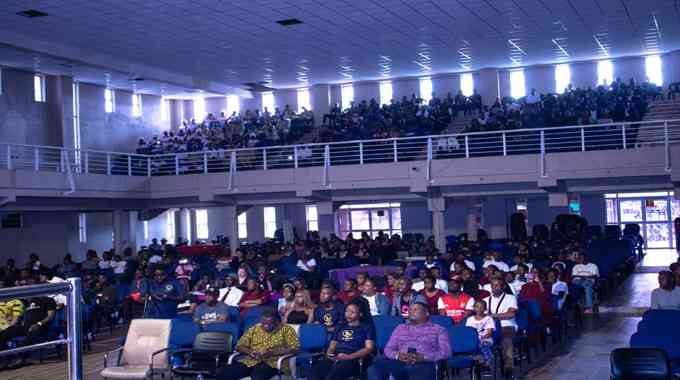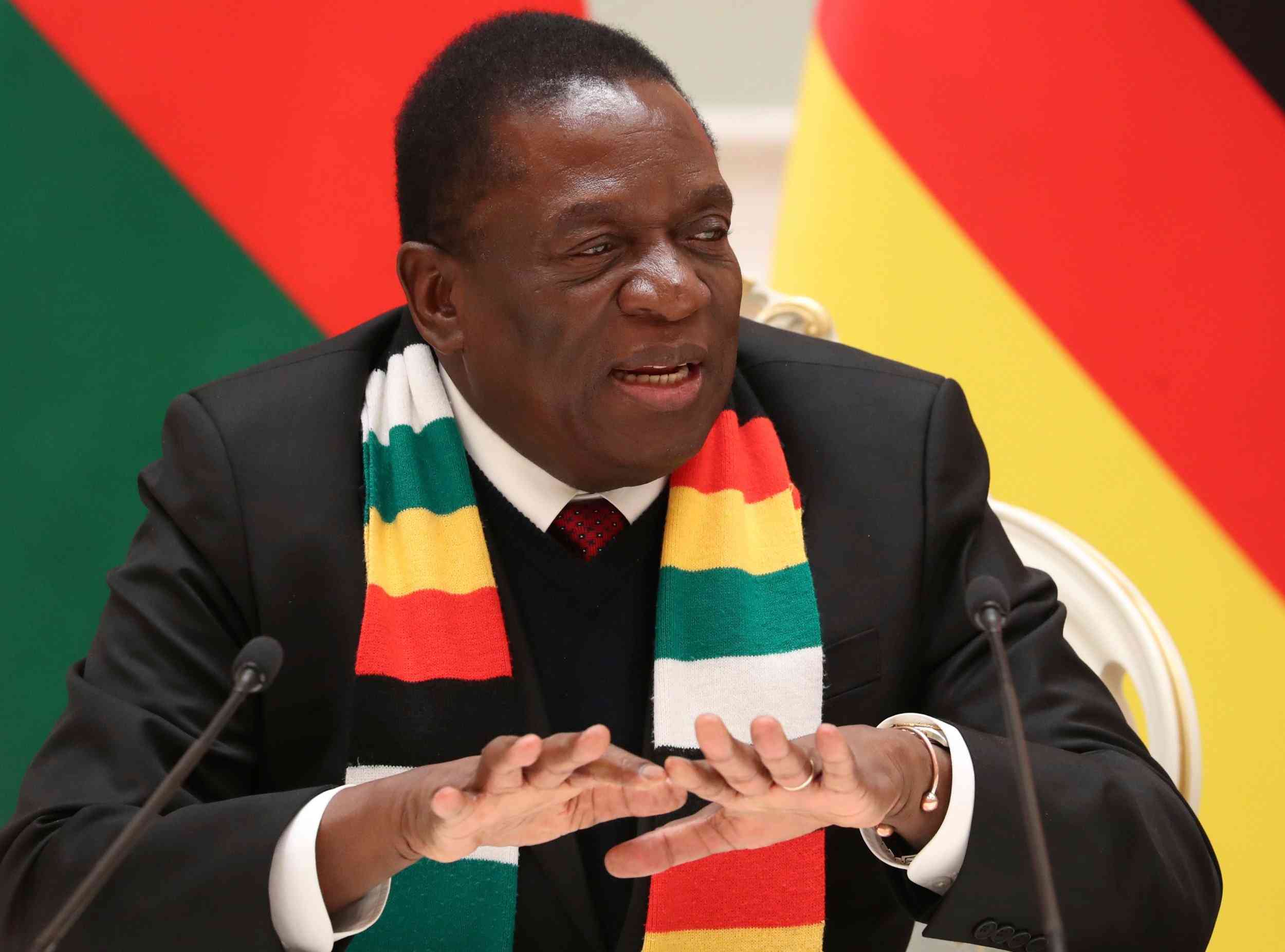
In the welcome note of a column, a journalist called Yours Truly chats up a pen friend called Dear Reader with the wise words of a great philosopher called Anonymous and a connection is made.
The storyboard with Stan Mushava

I was all about keeping my thread unscripted and personal, but for the sake of tradition, Dear Reader, welcome to Storyboard, a column where Yours Truly reports, conspires, reviews and champions everything books.
I follow books more curiously than my exes’ status updates and stalk clever writers more dutifully than an insurance salesman. You can think of this column as a fire-in-the-bones thing, not a career-minded nine-to-five.
But if the only book you ever take home after work is the street-famous glue book for rats, my friend, you are probably reading the wrong column.
When I stopped reviewing books, this time last year, I was feeling some type of way about my obsession with negativity. I mean, how long should a columnist wear a Buddha sack to write weekly jeremiads about how writers are used by publishers, ignored by readers, compromised by the system, and condemned to snowball as far away from their country as humanly possible for something resembling a deal?
Well, I managed to declutter some headroom for more positive thoughts during my self-imposed sabbatical. I am back, from another stable, of course, to look at the bright side of things.
Shout out to my pal, Tinashe Mushakavanhu, who ably ran Bookworm, the predecessor column to Storyboard, while I was cutting my teeth elsewhere in the industry. Your ghost is quite a presence in the room.
- Chamisa under fire over US$120K donation
- Mavhunga puts DeMbare into Chibuku quarterfinals
- Pension funds bet on Cabora Bassa oilfields
- Councils defy govt fire tender directive
Keep Reading
I got to show love to the women for owning the year so far. Jah knows how long they have been running this industry, with NoViolet Bulawayo and Petina Gappah taking us furthest in recent years.
This year, Tsitsi Dangarembga turns out to be the first woman — or rather, first Zimbabwean — on the moon. This Mournable Body, the final instalment to her Nervous Conditions trilogy, arrived barely after the iconic debut was voted 66 on BBC’s The 100 Stories that Shaped the World.
Just after sharing tea with Homer, James Joyce and Chinua Achebe on literary Olympus, she curates the 2019 edition of Berlin’s African Book Festival, which runs from April 4 to 7, under the theme, Transitioning from Migration.
Panashe Chigumadzi, Novuyo Rosa Tshuma and Sue Nyathi have noiseworthy titles out, which I hope to review in the coming weeks and Tariro Ndoro is about to pop.
On the non-fiction side, Ray Ndlovu’s In the Jaws of the Crocodile and Geoff Nyarota’s The Graceless Fall of Robert Mugabe chronicle Zimbabwe’s transition into the “new dispensation.”
It is always exciting when journalists, who turn out the first draft of history, put their full-length versions of the same on record. I approvingly reviewed former The Standard’s sports reporter Albert Marufu’s collaboration with Dynamos legend Memory Mucherahowa’s Soul of Seven Million Dream.
It would be great to see more journalists from every beat and stable revisiting their big-remote strivings in comprehensive histories. I am excited that my boss, Thabani Mpofu (I am not talking about your grandiloquent learned friend), is working on grafting this genre into the journalism curriculum.
I am sympathetic with Nyarota as a trenchant Jonathan Moyo review of his 2008 memoir, Against the Grain, trends on social media, prompting few would-be buyers to “cancel” his 2018 book.
Nyarota’s supposed, 10-year late response to Moyo shows something of the fate of books in the “graceless” era of the internet. The internet brings up the sins of your youth just when you are about to unveil your bride for a classic photo opportunity.
We still need to read and discuss books on their individual merits. It is too easy to pose as authorities on books we have not read for ourselves.
I am not really thinking of a column that is confined to one category or even just to Zimbabwe, however patriotic I may be. We will talk trending genres like African speculative fiction, map collaborative opportunities for literature with other art forms, pay dues to less appreciated innovators like Kojo Laing, and bring home Francophone cousins such as Alain Mabanckou.
Damn, why not even roll the millstones on our backs right to the emperor’s doorstep? I am interested in how rapid-response assertiveness is staking a claim everywhere in Zimbabwean art, especially so in the poetry of my totemsake, Philani Nyoni, whose latest book Philtrum 2.0 I review first.
I also want this column to be a space where I can have conversations with writers. I feel there is so much new-school energy and underground resilience sailing beneath our radars.
I polished my first National Arts Merit Awards gong patiently this year, waiting for journalists to exhaust debate about who went harder in 2017, Soul Jah Love or Jah Prayzah, and interview me on whether my writing was inspired by Dambudzo Marechera or my girlfriend or trouble with rent. (Self-advertising, I know).
Of course, fellows simply finished debating the two Jah’s and went back to their daily dairies. That is how the world will end with a content void in place of Zimbabwean literature.
Come, let us reason together next week. Writers, hit me up with your work. I am too broke to buy your books every week.
Stan Mushava is an award-winning author and journalist. He can be reached at [email protected]











